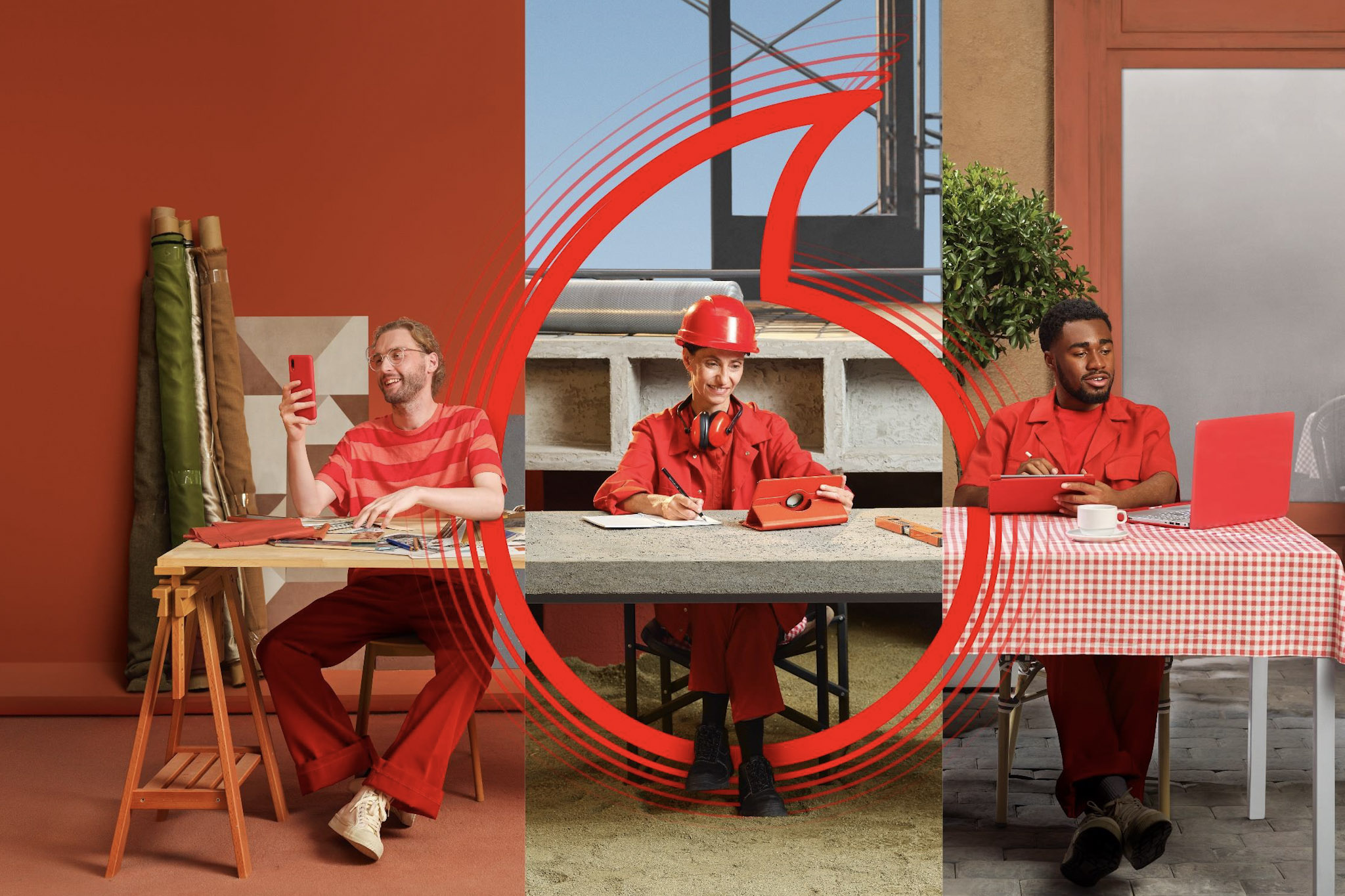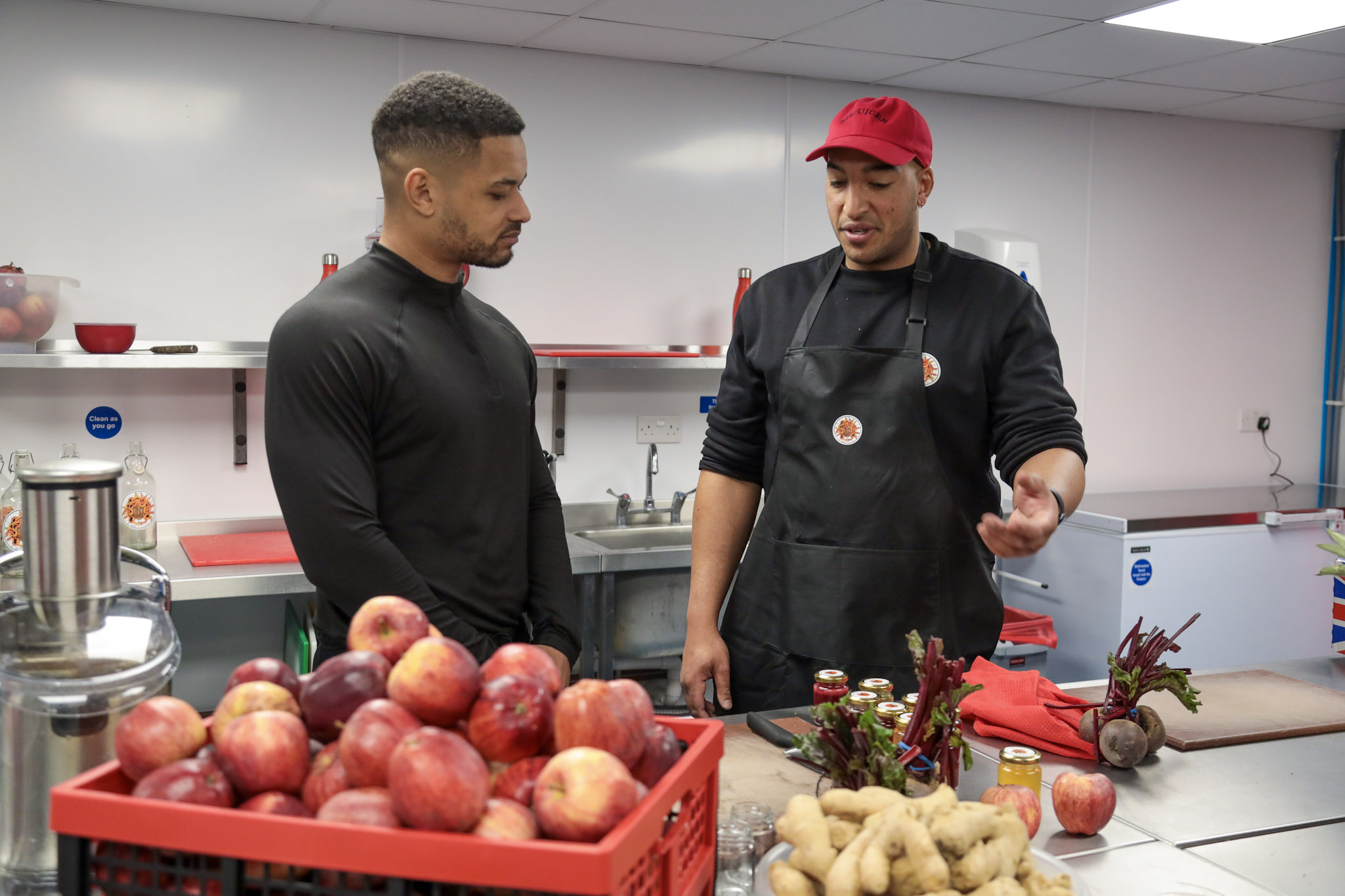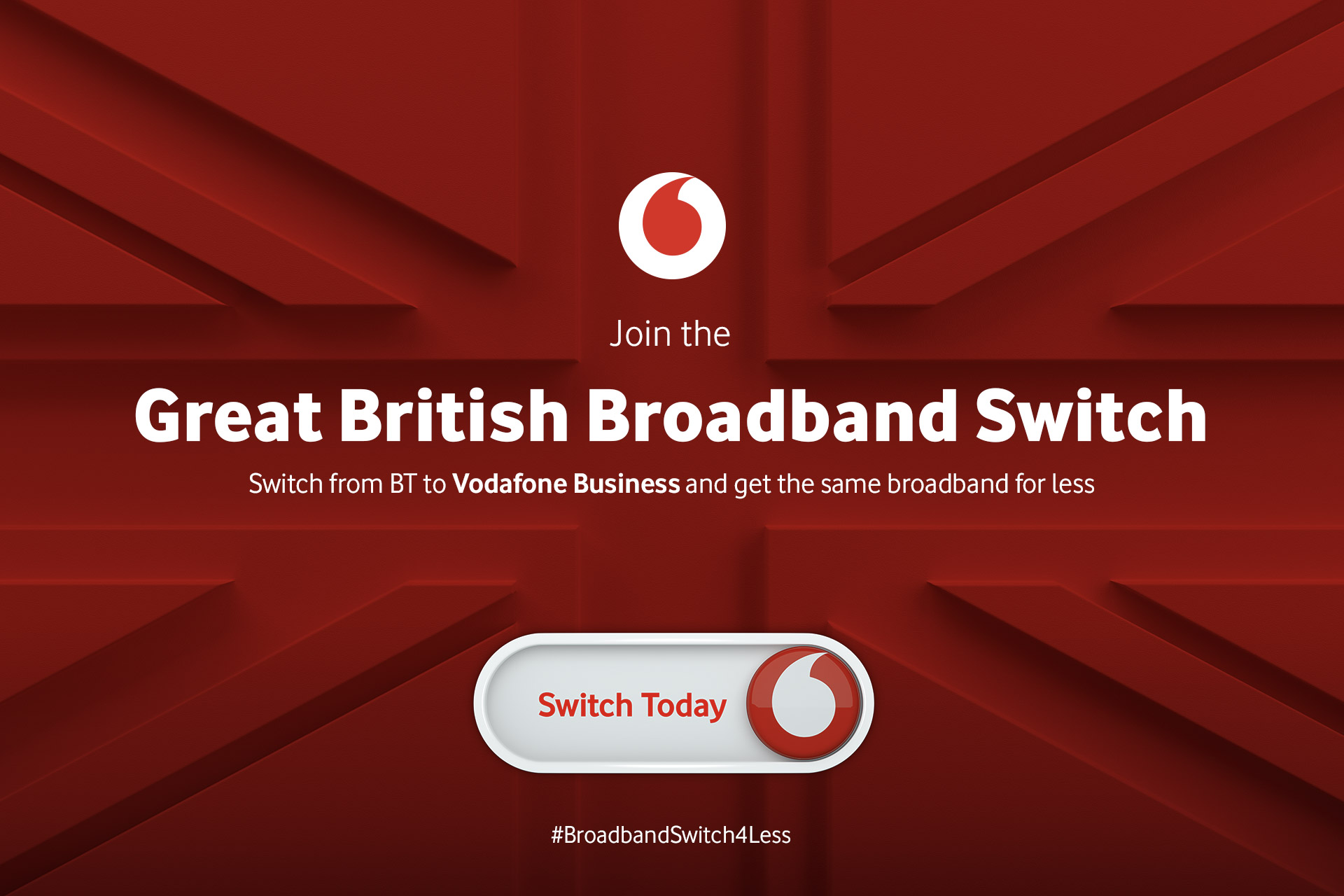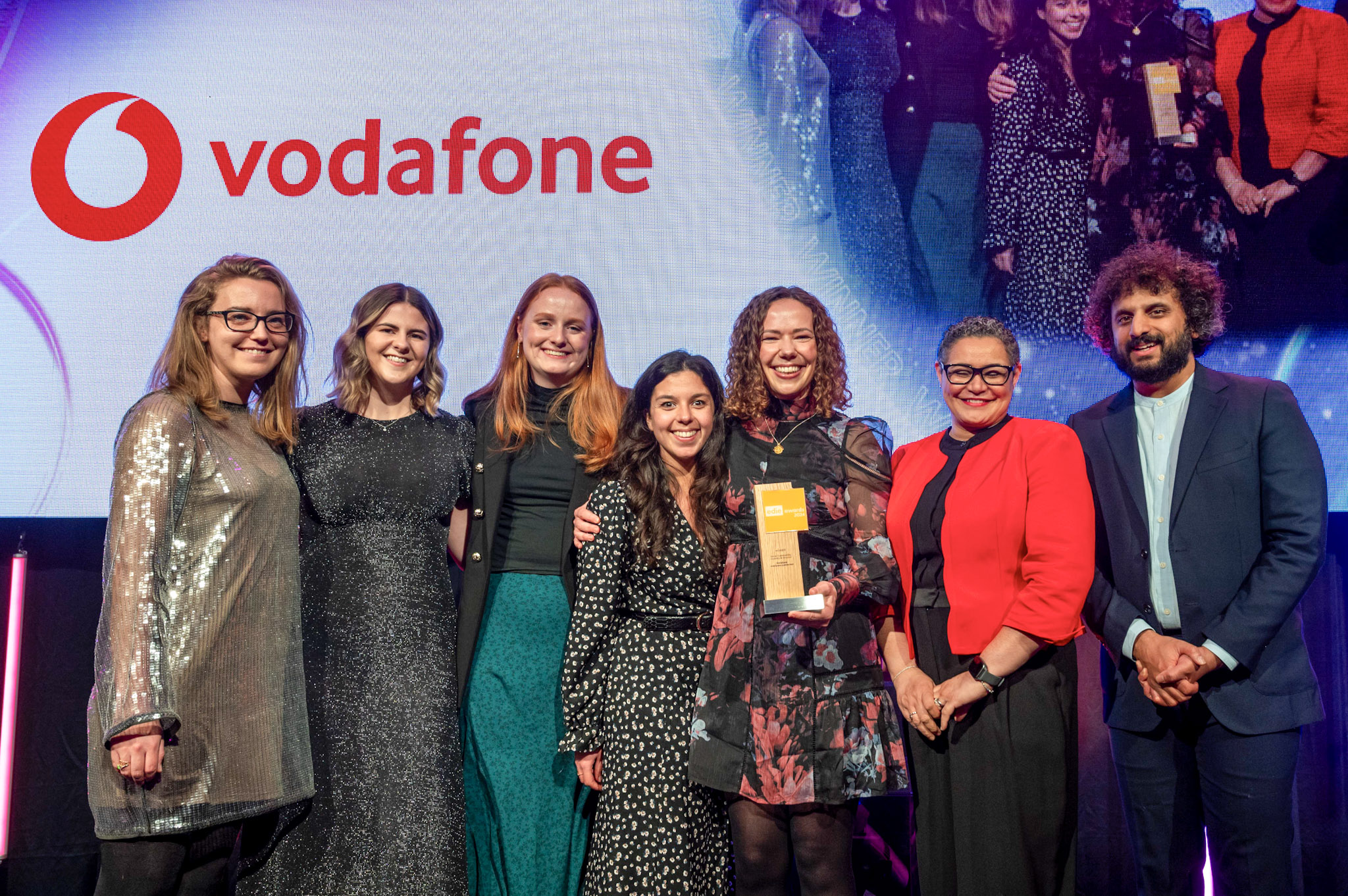
Small and medium-sized businesses (SMEs) shouldn’t be treated as a homogenous group by large businesses since they are as vibrant, diverse, and complex as many of the challenges they face.
- SMEs Like Me, a new report from Vodafone, shines a light on the SME sector in post-lockdown Britain.
- Report finds the main priority for a quarter of British SMEs is to stay afloat this year, with the figure rising to 32% for micro business (fewer than nine employees).
- However, the report also finds a worrying ‘guidance gap’ beginning to emerge with SMEs unsure where to go for help and support – with only 11% having sought support from large companies or business mentors.
- Report finds that SMEs shouldn’t be treated as a homogenous group by large businesses since they are as vibrant, diverse, and complex as many of the challenges they face.
- As a result, the report identifies eight distinct SME personality types.
London, 22 June 2022: Vodafone has today launched SMEs Like Me, a new report which turns the spotlight on the people and personalities behind the millions of small businesses leading the charge for Britain’s economic recovery. The report also delves into some of the challenges facing SMEs within a post-Covid landscape and identifies opportunities to do more to support this vital sector.
Commissioned by Vodafone and conducted by consumer insights firm GWI, the report was compiled using responses from over a thousand SME owners/founders and employees across the UK.
According to the report, one of the main priorities for a quarter of all SMEs in 2022 is simply to stay afloat. This priority was even more acute among micro-businesses where the figure was as high as 32%. The report also shows that a ‘guidance gap’ is beginning to emerge with 59% of SMEs having sought no support or funding from any third party, and only 11% having sought advice from large companies or business mentors. Alarmingly, 71% of sole traders were not seeking out the help they were entitled to as they didn’t identify as a SME and therefore didn’t believe the support was available to them.
Many large organisations continue to treat SMEs as a homogeneous group neatly tagged together by size and similarity. The report shows that, in fact, the opposite is true, with SMEs instead being as vibrant, diverse, and complex as the challenges they face. As a result, the report goes on to identify eight distinct SME personality types:
- Passion Seekers – company owners who launched their business because they were passionate about the idea, to create a legacy, or build something unique.
- Lead Players – business owners whose main motivation is the desire to be their own boss and take ownership of their career.
- Sole Not SME – self-employed people who identify as a sole trader, rather than seeing themselves as a small or medium-sized business.
- Necessity Entrepreneurs – those who have started their business venture or joined a company out of necessity, such as the loss of a job, needing to supplement their income, or because it was the only viable option for them.
- Career Climbers – employees working for SMEs who are the most motivated by career opportunities, such as role variety and chances to be promoted and progress.
- Community Builders – business owners and employees at SMEs who feel they are contributing positively to the community, or that have a focus on sustainability or helping other people.
- The Reassessors – people working at companies that have been established in the last two years and are largely motivated by the opportunity for greater flexibility and freedom, as well as a chance to give back to their community.
- Ever Presents – owners and senior management at businesses that have been in operation for 20+ years and have survived the COVID-19 pandemic.
“I’m not sure I could be more of a Community Builder if I tried,” commented Kat Pither, founder of eco yoga mats and accessories manufacturer Yogi Bare. “It’s the DNA of my business and community is absolutely what Yogi Bare is about.
“We’ve built something from scratch and it’s evolving all the time. It’s also important to remember that SMEs are a community too, so we really need to talk openly about the challenges we face – there is no shame in admitting to the bumps on your journey.
“In my case, I needed to take a step back and look at my business objectively rather than emotionally – like many SMEs, I didn’t always take the support available to me because I was so ‘in the moment’, grafting and grinding and trying to save the business. But I have a responsibility to be honest about the realities of running a business so people don’t feel alone and shut down, and that’s what I’m trying to do.”
Abigail Baldwin, co-founder of design agency Buttercrumble, said: “My sister and I strongly identify as Passion Seekers. As twins we used to sit and draw together and basically our childhood has evolved into a business.

Credits: Buttercrumble
“But although we have this shared passion at the core, that is just the start and one of the important lessons we’ve learned is the importance of proactivity. In 2022, I’d like to see more of it both from SMEs and the organisations that can help us.
“It’s very rare for anyone to come along and offer you support, it’s something you really need to seek out, and as SMEs we need to get better at this because I know there is funding out there.
“We’ve had a lot of back and forth trying to secure support and there’s a very clear disconnect where departments and organisations, both public and private, are obviously not speaking to each other. We’ve seen consistent growth even through the pandemic, but it would have been great to have better and clearer support during a very difficult time.”




